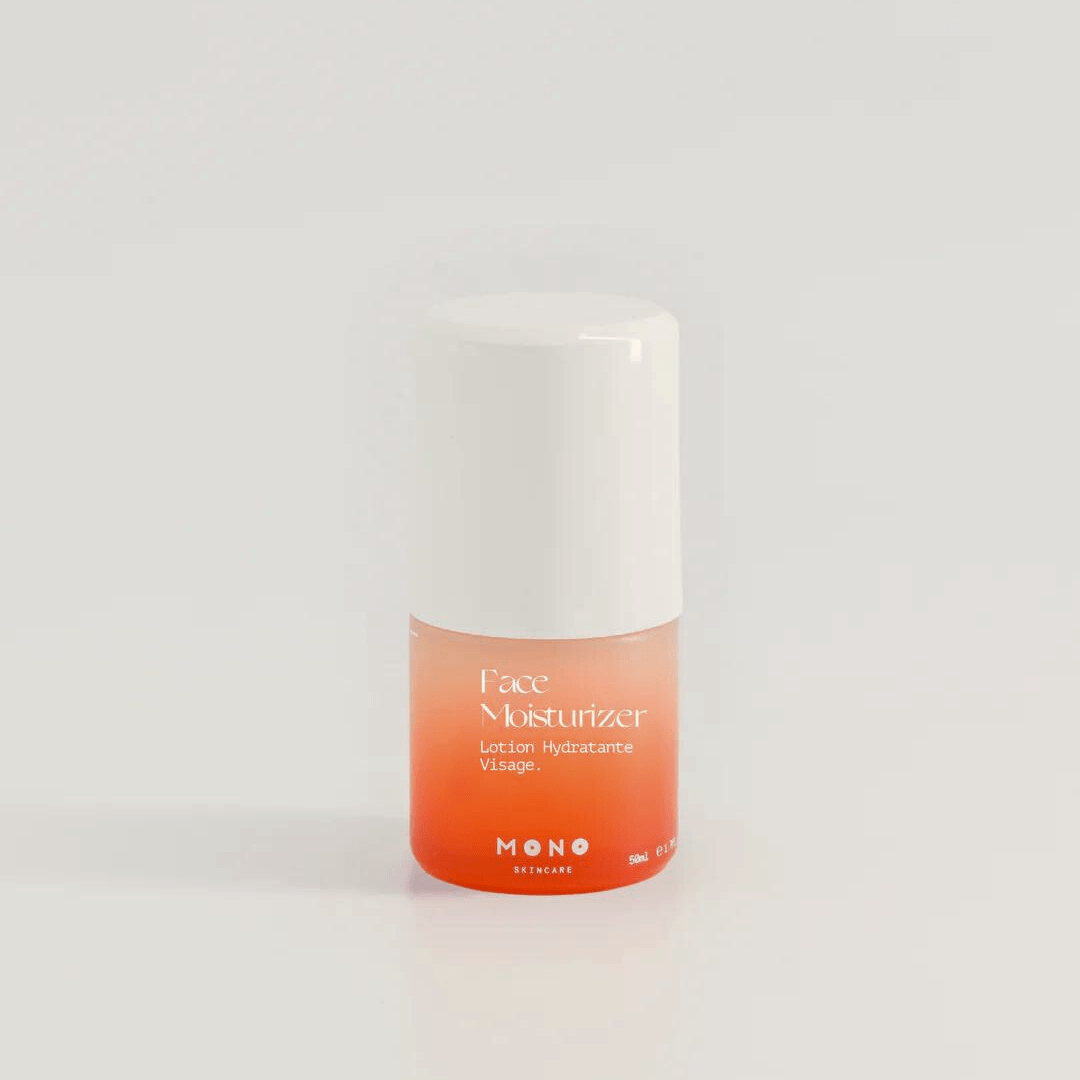
How Often Should We Hydrate Our Skin?
Share
In the quest for healthy, radiant skin, hydration is key. Proper skin hydration is essential for a glowing complexion, plump texture, and overall skin health. But how often should you be hydrating your skin to achieve and maintain these benefits? Let's dive into the essentials of skin hydration and uncover the best practices for keeping your skin well-moisturized.
The Importance of Skin Hydration
Skin hydration is crucial for maintaining the skin's natural barrier, which protects against environmental stressors and prevents moisture loss. Well-hydrated skin appears more youthful, feels smoother, and is less prone to issues like dryness, flakiness, and irritation. Additionally, proper hydration supports the skin's ability to repair itself and can enhance the effectiveness of other skincare products.
How Often Should You Hydrate Your Skin?
1. Daily Hydration: Twice a Day
For optimal skin health, it's generally recommended to hydrate your skin at least twice a day—morning and night. Applying a moisturizer in the morning helps to lock in moisture and create a barrier against environmental pollutants throughout the day. Nighttime hydration is equally important as it allows the skin to repair and replenish moisture while you sleep.
2. Adjust for Your Skin Type
Your skin type plays a significant role in determining how often you need to hydrate. Here's a quick guide based on different skin types:
- Normal Skin: Hydrate twice daily with a balanced moisturizer that suits your skin type.
- Dry Skin: You may need to hydrate more frequently. Consider using a rich moisturizer and applying it twice a day, with additional applications if your skin feels dry or tight.
- Oily Skin: Even oily skin requires hydration. Opt for a lightweight, oil-free moisturizer and apply it twice daily to maintain moisture without adding excess oil.
- Combination Skin: Use a balanced moisturizer that can address dry and oily areas. Hydrate twice a day, focusing on areas that need more moisture.
3. Seasonal Adjustments
Your skin's hydration needs can change with the seasons. During winter or colder months, the skin often requires more moisture due to lower humidity and indoor heating, which can lead to dryness. In contrast, during warmer months, you might need a lighter moisturizer or additional hydration if you're exposed to sun and heat. Adjust your hydration routine according to seasonal changes to maintain optimal skin health.
4. Environmental Factors
Factors such as exposure to air conditioning, heating, or pollution can affect your skin's hydration levels. If you live in a particularly dry or harsh climate, you might need to hydrate more frequently to counteract the effects of these environmental stressors.
5. Hydrating Throughout the Day
In addition to your morning and nighttime hydration routine, consider incorporating hydrating practices throughout the day. Using a facial mist or hydrating spray can provide a quick moisture boost, especially in dry environments. Drinking plenty of water is also crucial for maintaining skin hydration from the inside out.
Tips for Effective Skin Hydration
1. Choose the Right Products
Select a Face Moisturizer that contains beneficial ingredients such as hyaluronic acid, Inulin, or beta Glucan. These ingredients help to attract and retain moisture in the skin.
2. Layer Your Skincare
Apply hydrating serums or essences before your moisturizer for added hydration. This can enhance moisture levels and improve the overall effectiveness of your skincare routine.
3. Don't Skip Sunscreen
Sunscreen helps to protect your skin from UV damage, which can lead to dehydration and premature aging. Incorporate a broad-spectrum SPF into your daily routine to shield your skin and maintain hydration.
4. Avoid Over-Cleansing
Cleansing is essential, but over-cleansing can strip your skin of natural oils and moisture. Use a gentle cleanser and avoid washing your face excessively to preserve hydration.
The Key to Healthy, Hydrated Skin
Maintaining proper skin hydration is essential for a healthy, glowing complexion. By hydrating your skin twice daily, adjusting for skin type and environmental factors, and incorporating additional hydrating practices, you can achieve and sustain optimal moisture levels. Remember that consistent hydration supports your skin's natural barrier, enhances its appearance, and contributes to overall skin health.
